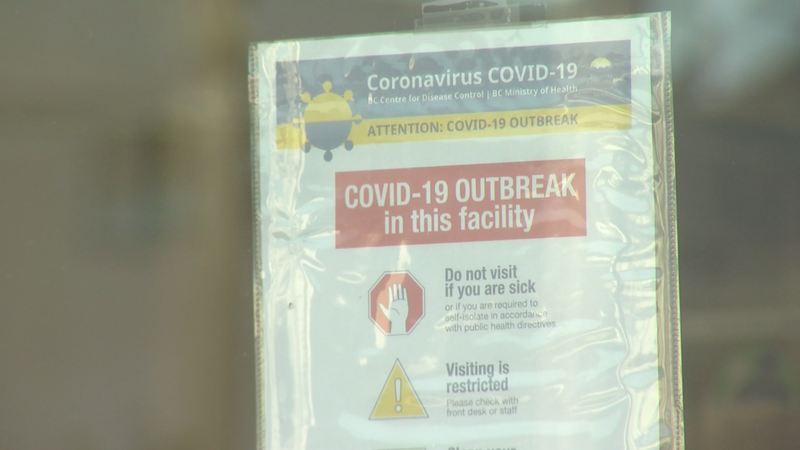
CHARBONNEAU: Lessons learned from the pandemic about health care
WHEN WE PULL TOGETHER, we can quickly achieve results that have escaped us in the past.
Some liken to being at war but I prefer to compare the pandemic response to what happened when we created universal health care.
Governments have been reluctant to implement the universal coverage of drugs in the past, but in short order we have vaccines freely available for all Canadians.
It’s that easy. A universal pharmacare program could happen, too. All it takes is the will to carry it out.


